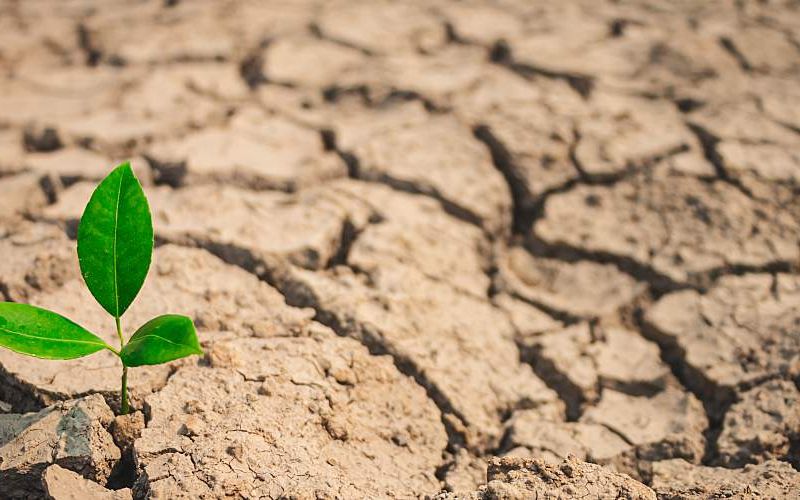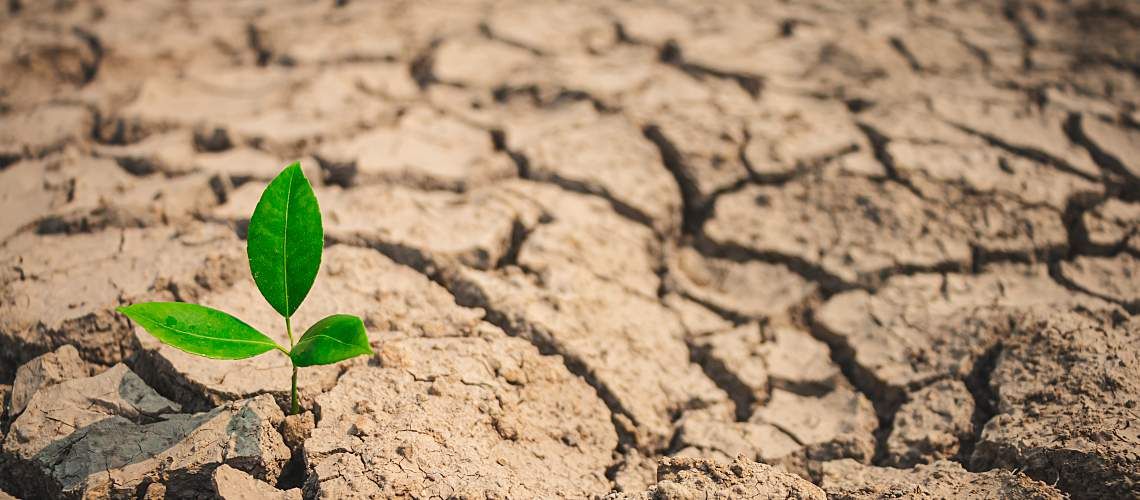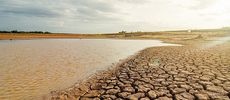World Water Day Spotlights Safe Water Access Challenges


A staggering 2.2 billion people on Earth lack access to safe water, and, as climate change exacerbates water problems, prolonging droughts and intensifying floods, the risks for water safety and access also increase.
World Water Day shines a light on the global water crisis and the steps urgently needed for meaningful change. Launched in 1993 by the United Nations, the annual observance on March 22 centers on freshwater's importance to us all.
United Nations Water, a coordinated effort across U.N. members and international organizations around water and sanitation issues, selects a theme every year for World Water Day. In 2024, the theme is Water for Peace.
"Water can create peace or spark conflict," UN-Water notes. "Public health and prosperity, food and energy systems, economic productivity and environmental integrity all rely on a well-functioning and equitably managed water cycle."
Water professionals have an important part to play in protecting shared resources and ecosystems. Specifically, UN-Water calls for water and sanitation utilities to cooperate at the local and national level, take an integrated water resources management approach, and strive for a circular economy.

Climate Crisis Intensifies
Human rights expert, diplomat, and former Slovenian president Danilo Türk is chair of the Global High-Level Panel on Water and Peace for the United Nations, and he introduced the 2024 World Water Day theme, Water for Peace, at Stockholm Water Week in a speech last September.
A few weeks before he spoke, devastating flooding in Slovenia killed at least six people and caused an estimated $500 million in damages. The prime minister called it the country's worst-ever natural disaster. CNN reported that the government requested international assistance through the EU and NATO, and had already begun coordinating with neighboring countries on humanitarian aid.
"Is it necessary to wait for disasters to happen?" Türk asked in his keynote. "Many, although I must say not all, water disasters can be prevented. Internationally, transboundary water cooperation represents an effective form of prevention of many water disasters."
One of the ways the world is working toward this prevention is with sustainable development goals. United Nations Sustainable Development Goal 6 (SDG 6) is to "ensure the availability and sustainable management of water and sanitation for all" by 2030. First adopted in 2015, SDG 6 targets and sub-targets each have indicators that the U.N. tracks, such as changes in water-use efficiency. But, smart water resources management is key.
Good Water Governance
Türk pointed out that prolonged droughts create competition and forced migration, often leading to violent conflict. Even though international water cooperation makes a proven positive difference in preventing such strife, he said that the current level is inadequate.
"More than 3 billion people worldwide depend on water that crosses national borders," according to a 2021 UN-Water report summarizing progress on SDG 6. "Yet, out of 153 countries that share rivers, lakes, and aquifers with their neighbors, only 24 countries report having cooperation agreements for all their shared water."
Türk underscored the need for better regional cooperation by speaking about Pakistan's record-breaking floods in 2022. The floods submerged a third of the country, contaminated drinking water sources, and displaced nearly 8 million people. He also touched on the Sahel region in Southern Africa, where disappearing water resources and higher temperatures have intensified an ongoing humanitarian crisis.
"The changes in the global water cycle are already visible, although not yet fully understood. Ultimately all these phenomena are likely to have an adverse effect on international stability and peace," Türk said. "It is therefore vitally necessary to turn the tables."
Just as water stress can cause conflict, water cooperation can be a catalyst for peace, generating multiple benefits. The U.N. cited research showing that cross-border and cross-sector collaboration can improve sanitation, strengthen food security, lower disaster risks, and influence economic productivity.
"Transboundary cooperation is essential for creating enabling conditions for investment and security," the U.N. noted. "It also enhances preparedness to protect ecosystems and human health, especially in case of crisis such as drought, flood, or accidental pollution."
Celebrating a Valuable Resource
The U.N. reported that consistent water resources monitoring and assessment are crucial for adapting effectively to rising global variability in the hydrological cycle.
For the last three decades, tens of thousands of people have taken collective action in the run-up to World Water Day. Professionals at water utilities and wastewater treatment plants can use the annual event as an opportunity to enhance public understanding of safe water management.
For example, on March 22, the City of Lynchburg, Virginia's Water Resources department is opening for free tours to show citizens the processes for providing clean water. The city supplies its customers with more than 3.8 billion gallons of clean drinking water and treats 4.2 billion gallons of wastewater annually.
"Not all communities in the world have access to clean drinking water and sanitation," Lynchburg Water Resources' outreach coordinator, Kendall Juell said. "World Water Day is a time to celebrate water for the amazing resource that it is."






